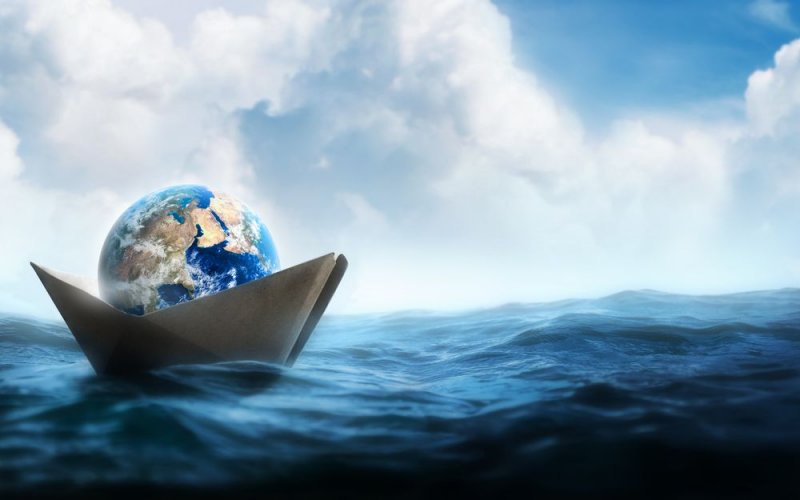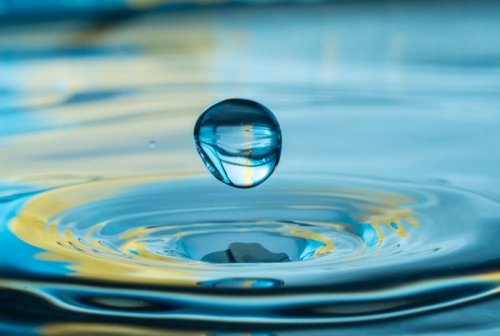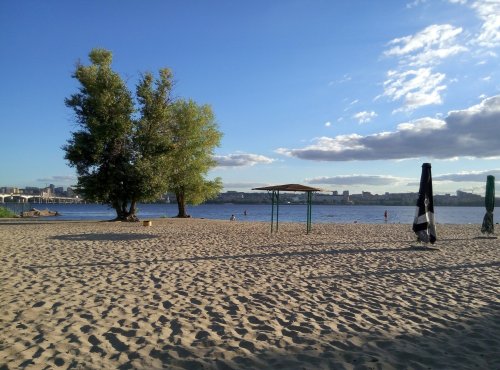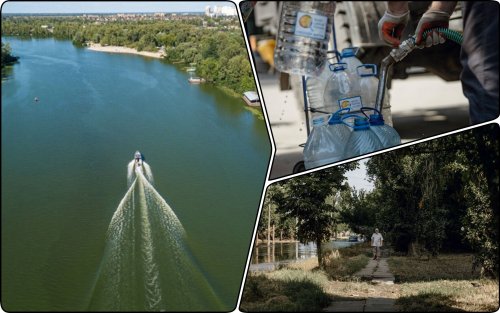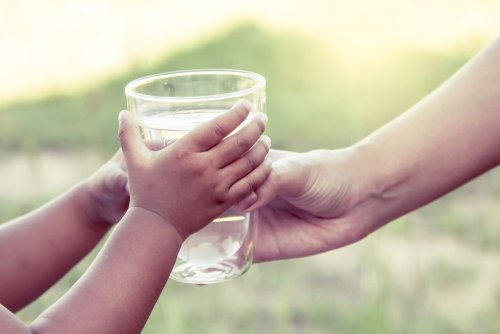On March 22, the world celebrates World Water Day, which will be held under the slogan "Using Water for Peace". This day is used to promote sustainable management of freshwater resources and is intended to contribute to the achievement of the sixth UN Sustainable Development Goal.
EcoPolitic has prepared interesting facts about this day and the importance of fresh water for life on the planet.
World Water Day was established in 1993.
"Water for Peace" is the UN's call to the world today. The attack on the Dnipro hydroelectric power plant is Russia's response as a UN member state. It is not enough for the Russians to suffer for the disaster they have caused by destroying the Kakhovka hydroelectric power plant and depriving millions of Ukrainians of one of the key rights of every human being – the right to drinking water. Russian armed aggression has already caused over UAH 83 billion worth of damage to Ukrainian water resources. And with each such attack, the figures are increasing," the press service of the Ministry of Environment said.
Fresh water is the basis of life for humans and all organisms on land, even human bodies are made up of about 60% of this element. It is the water provided by rivers and lakes that has allowed humanity to develop civilization, namely to grow food, produce various materials, transport them, etc. In addition, fresh water should become a source for the production of hydrogen, the fuel of the future that governments rely on during the green transition and the abandonment of fossil fuels.
The lack of sufficient water or its pollution creates social tensions. More than 3 billion people worldwide depend on water that crosses national borders.
In addition to pollution, water resources are severely affected by climate change, as precipitation is decreasing and glaciers are retreating in many regions of the world. While others suffer from floods.
The importance of water conservation and sustainable use cannot be overemphasized. That is why World Water Day should unite communities and countries around the protection and preservation of our most precious resource. After all, not only lives, but also the health of people, animals and plants depend on accessible clean water.
For Ukraine, the issue of water is extremely relevant, as the country is one of the poorest countries in Europe and the world in terms of available water resources. Thus, on average, one person in Ukraine has only 1,000 m3 of river runoff per year, while according to the UN Economic Commission for Europe, a country with water resources of less than 1,700 m3 per person is considered water-stressed.
In addition, after the Russians blew up the dam of the Kakhovka hydroelectric power plant, the reservoir with an area of 2,155 km2 became shallow. Ukraine has lost about 15 million m3 of fresh water, or 35-40% of its total reserves. This amount of water would be enough for the needs of all Ukrainians for a year.
Everyone can contribute to water conservation. To do so, you should:
- take a shower instead of a bath;
- turn off the tap during hygiene procedures, such as brushing your teeth;
- repair leaking taps;
- install an economical toilet cistern and smart taps;
- wash dishes in a lockable sink instead of under running water;
- use the washing machine rationally;
- replace the lawn with a natural meadow;
- sort garbage, because the production of new products from secondary rather than primary raw materials requires less water;
- join the campaign to clean up rivers and other water bodies to reduce their pollution, as well as the campaign to preserve forests and swamps that regulate the water regime.
On March 21, the world will celebrate the International or World Forest Day.

